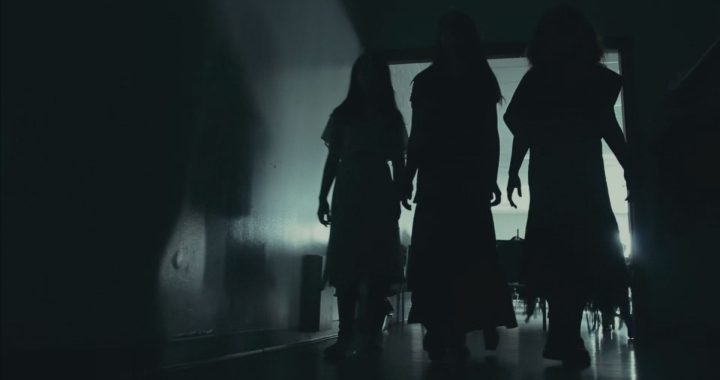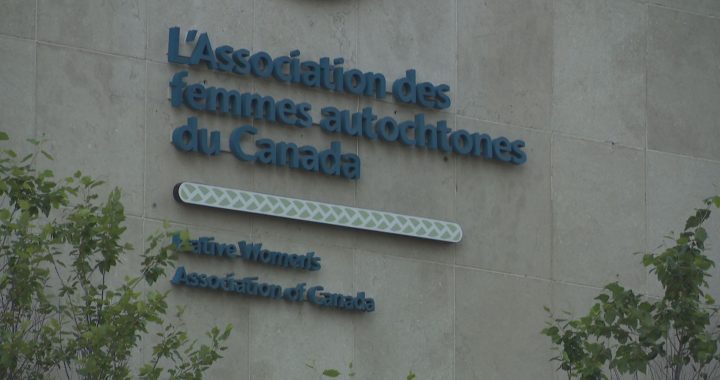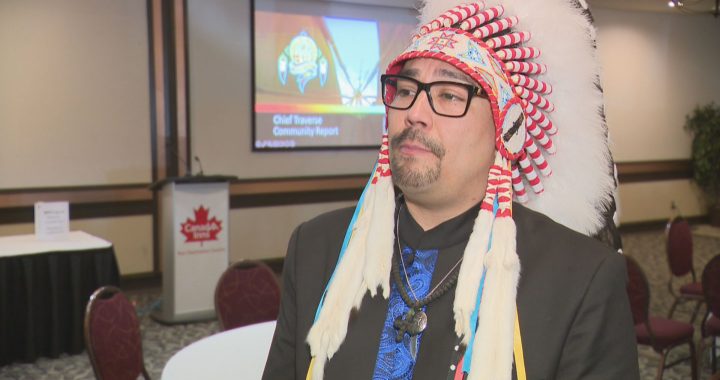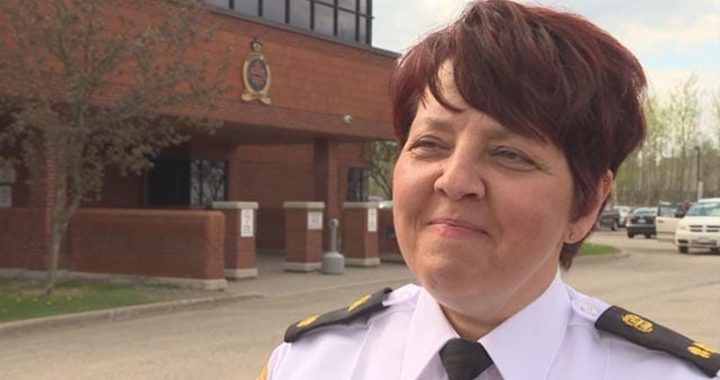Nunavut’s arson rate is so high that more than a third of government owned buildings in the territory have no insurance against fire damage, APTN News has learned.
“They’re all insured for liability,” said Jo-Anne Falkiner, assistant deputy minister, fiscal management for the government of Nunavut. “We do have a number of buildings that are under the deductible limit, and depending on the type of building, the deductible is different.
“We have about 200 buildings under the deductible limit, and about seven schools “
The deductible is huge – $20 million for schools, $1 million for other buildings.
That means if a building burns, the first million is the responsibility of the government.
If that building is a school – it’s a $20 million deductible.
Two different school fires blamed on arson in 2016 and 2017 led to a dramatic increase in those deductible limits.
Over 600 buildings and 44 schools are either owned or leased by the Nunavut Government.
The only ones that might fall under the deductible limit and still be insured are Health Centres, due to their primary importance to communities.
“It’s a business decision is what it is,” said Falkiner. “It’s not that we’re un-insurable, it is whether or not it is worth our while or worth our money, to pay that much to insure a building.
“At a certain point, there is a cost benefit we have to take into account.”
Remote communities are hard to get insurance for in the first place, and it comes at a high rate. Nunavut’s rate of arson fires makes it even more expensive.
Nunavut arson rate is nearly ten times the national average.
According to Statistics Canada, the Canadian arson rate in 2017 was 1.35 arsons for every 100,000 Canadians. In Nunavut for the same time period, it was 10.53 arsons per 100,000. That 10.53 was Nunavut’s lowest arson rate since 2013.
“Arson is the biggest risk factor we’ve got in the territory, and schools are the target for arson attempts for the most part. Other jurisdictions have different issues. In B.C. you pay more because you have to worry about earthquakes. In most of the country, you have to worry about forest fires, we don’t have to worry about that,” said Falkiner.









